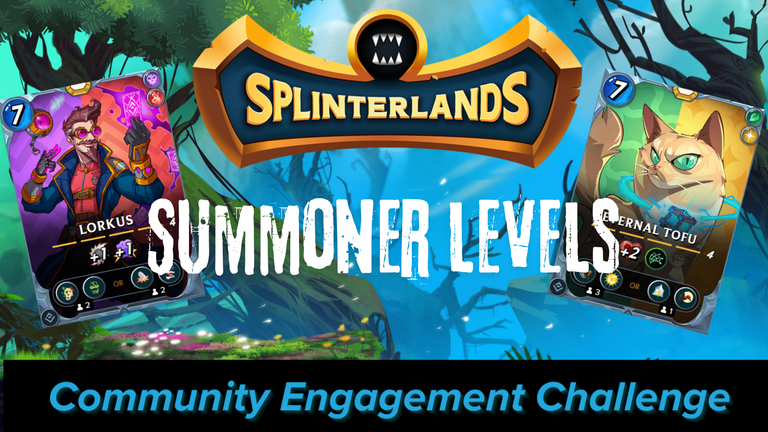
Introduction
When I first started playing Splinterlands, one of the trickiest things to understand was how the leveling system worked for leagues, summoners, and units. In this post, I'll break down what I've learned to help new players get a better handle on it!
Leagues and Card Caps
Let's start by looking at leagues. Leagues is divided from Novice to Champion.
Source: Splinterlands Leagues
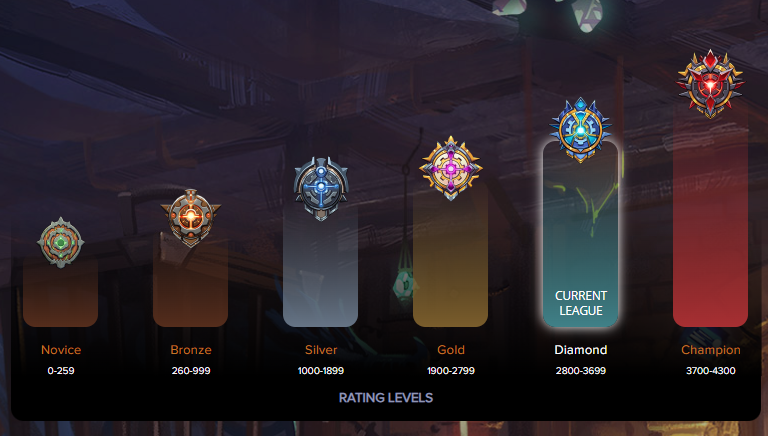
Each league has three sub-levels starting from Bronze: Bronze III, Bronze II, Bronze I, and then moving to Silver III, and so on.
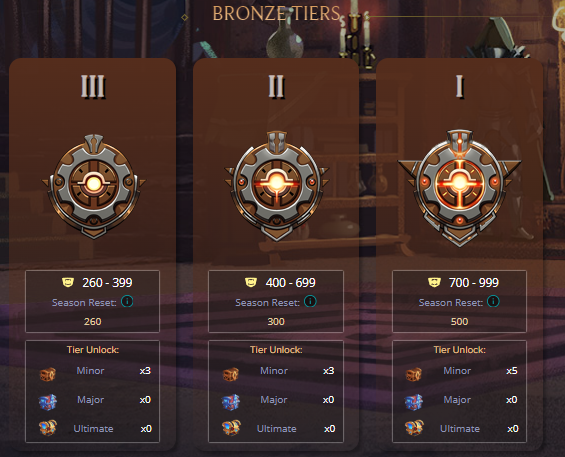
In this chart, you can also see the rewards you get upon advancing to a higher league!

Leveling Up Summoners
In each battle, your summoner determines the max level of units (or monsters) you can use. Leagues used to limit summoner levels, but not anymore. So now, just focus on leveling your summoner!
There are four types of summoners and units: Common, Rare, Epic, and Legendary. Each requires a certain number of BCX (copies) to reach max level:
- Common: 400 BCX
- Rare: 115 BCX
- Epic: 46 BCX
- Legendary: 11 BCX
This applies to both summoners and units. Higher-level summoners allow you to use higher-level units in battle.

For example, a level 4 Rare summoner can use level 5 Common, level 4 Rare, level 3 Epic, and level 2 Legendary units.
Note: If a unit is a higher level than your summoner's cap, it will still be allowed in battle, but it will act as the highest level your summoner allows.

Summoner and Unit Level Caps by Rarity
One of the trickiest parts to understand initially is that each summoner rarity has different level caps for units. Here are some examples:
Common Summoner:
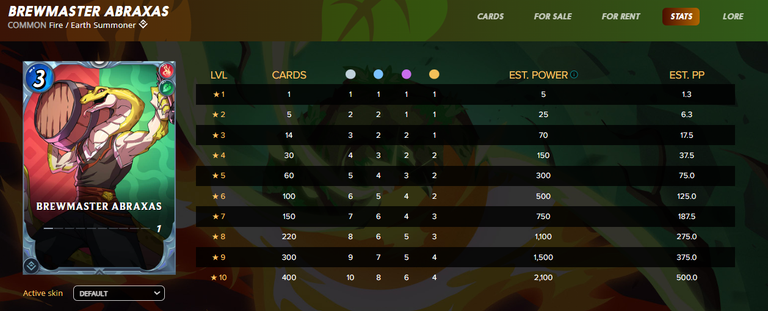
Rare summoner:
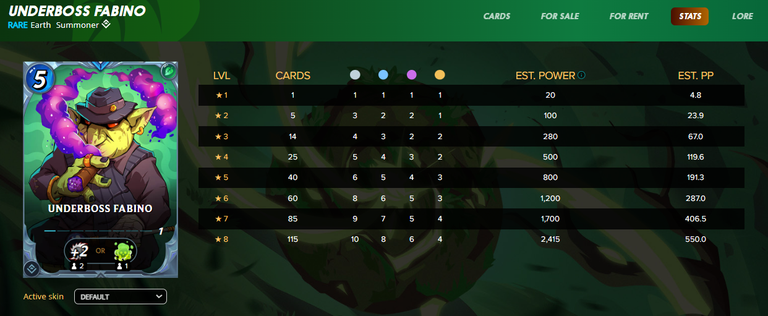
With a level 2 Rare summoner, you can play level 2 Epic units, whereas with a level 2 Common summoner, you’re limited to level 1 Epics.
Epic summoner:
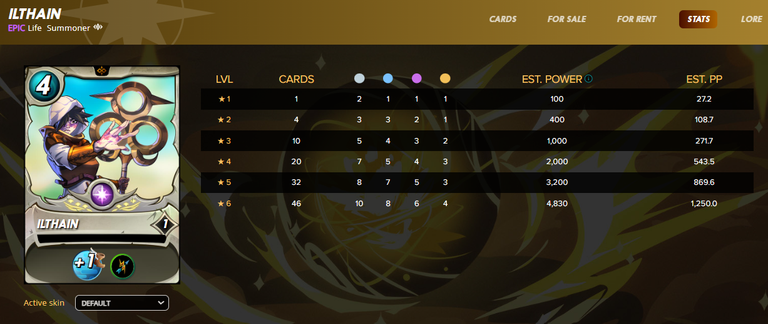
A level 1 Epic summoner allows you to use level 2 Common units right away.
Legendary summoner:
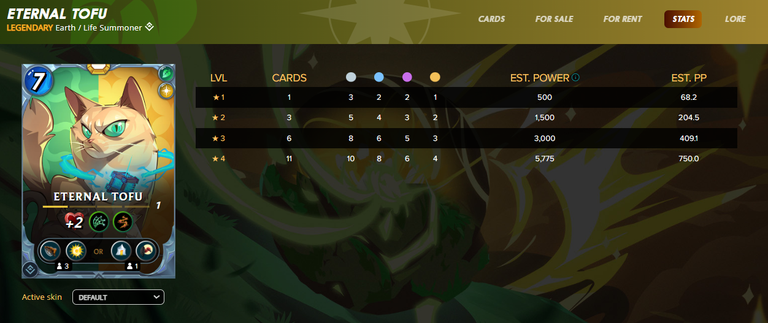
A level 1 Legendary summoner can use level 3 Common, level 2 Rare, level 2 Epic, and level 1 Legendary units.
The official support page has a helpful image capturing all these caps:
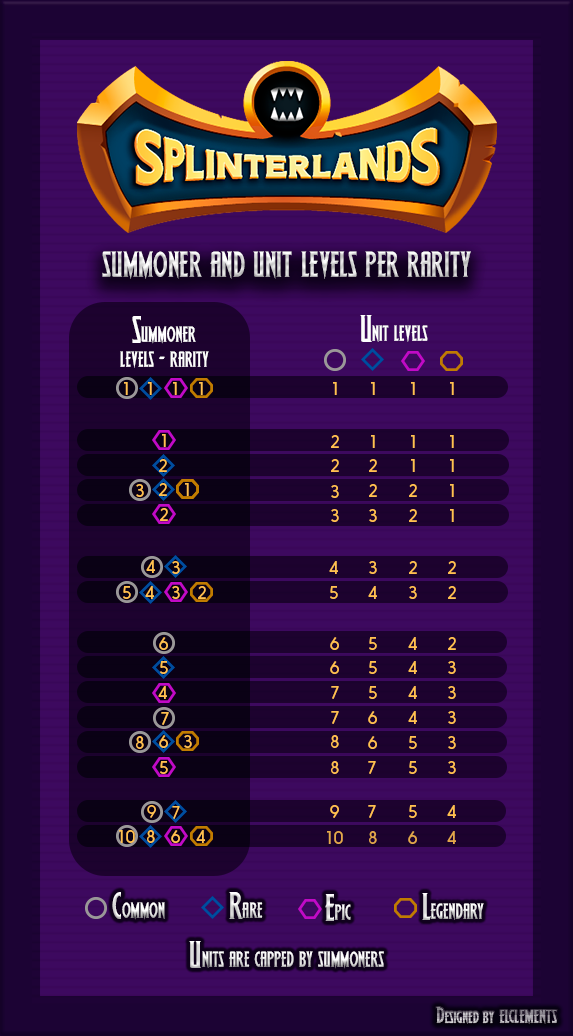
Source: Summoning & Unit Restrictions

Higher-Level Units In Battle
When you have a unit that’s a higher level than your summoner allows, you’ll see a small triangle icon.
This shows what level the unit will actually play at in battle.
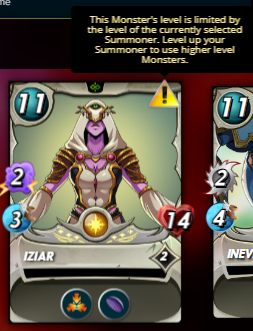
Here’s what it looks like in my inventory for a higher-level unit:
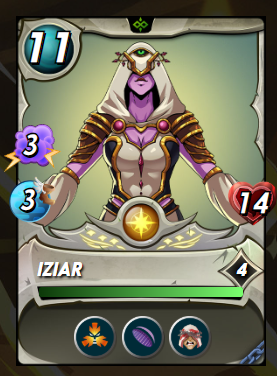

Closing Notes
Leveling up your summoners is crucial, but it’s only part of the strategy. Rather than just maxing out one summoner, you’ll want to decide which summoner level fits your play style and budget—then pair it with units at the right levels.
There are different strategies for leveling and choosing summoners and units. Some players “go deep” by focusing on maxing out two or three splinters with higher-level summoners. Others “go wide” by leveling all summoners and units to a certain level, such as Silver league, for more flexibility across splinters.
Even though league level restrictions are no longer a thing, they’re still a useful benchmark. For example, if you have a Silver-level summoner with Silver-level units, you can expect to perform best in the Silver league.
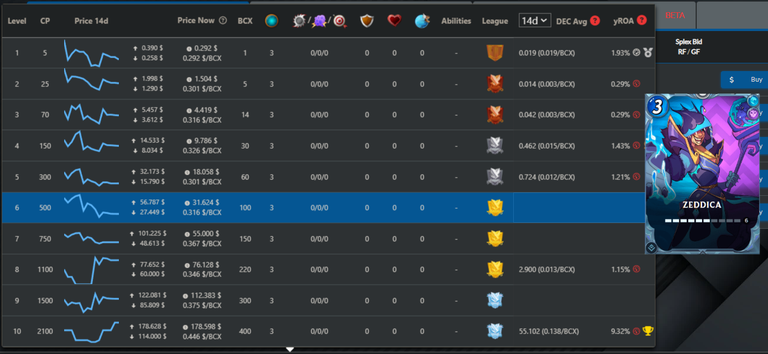
You can view this easily on this site:
Splex Market
Good luck building your deck and finding the strategy that works best for you!
That's all for this week hope you enjoyed reading this post. See you all on the battle field
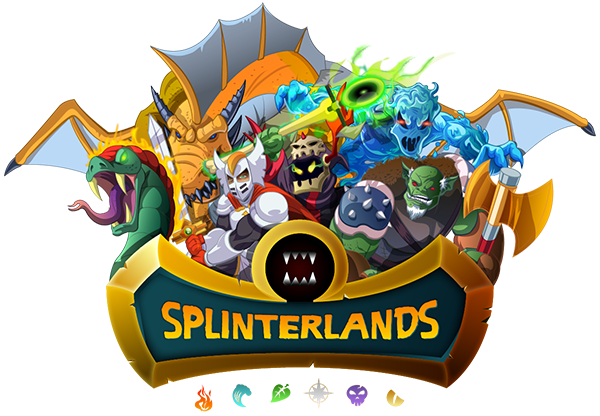
Do you also want to be part of this amazing play to earn game consider using my refferal link.
Congratulations @beaker007! You have completed the following achievement on the Hive blockchain And have been rewarded with New badge(s)
Your next target is to reach 1750 replies.
You can view your badges on your board and compare yourself to others in the Ranking
If you no longer want to receive notifications, reply to this comment with the word
STOPCheck out our last posts: